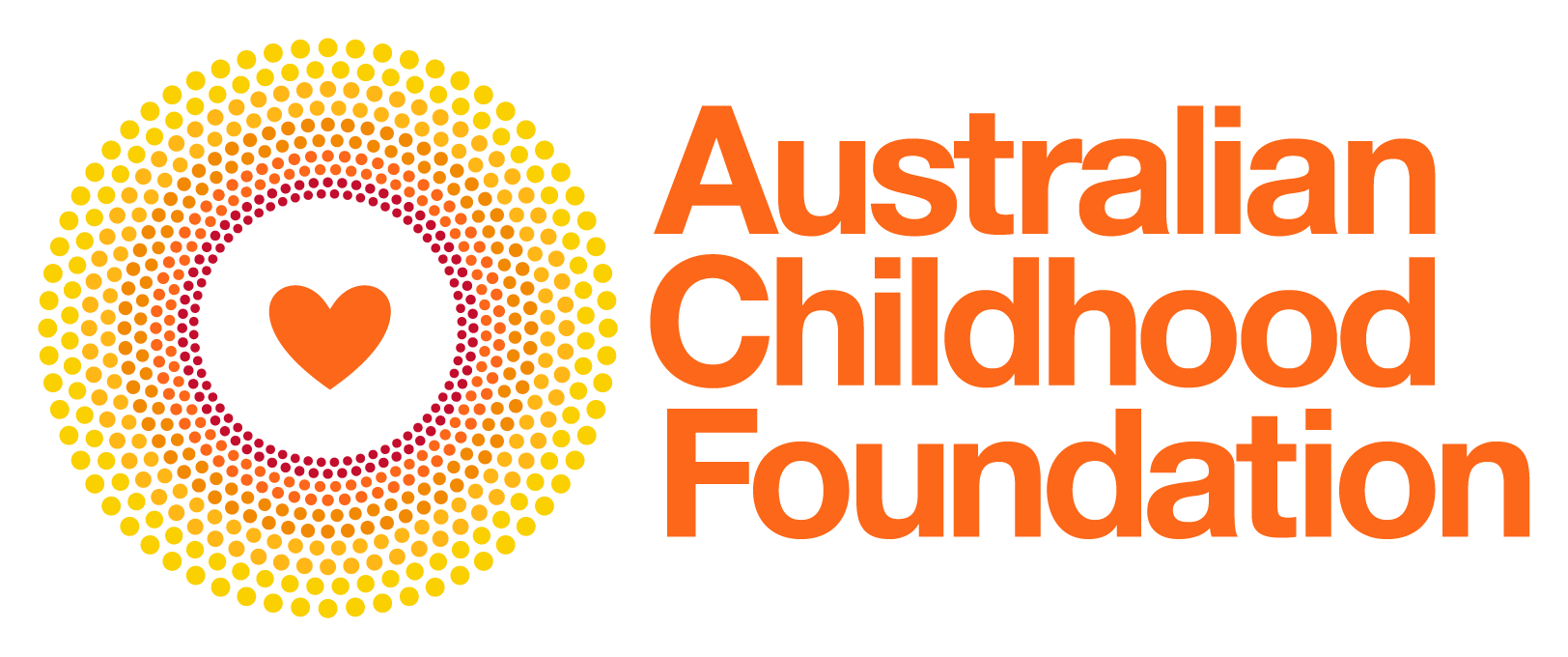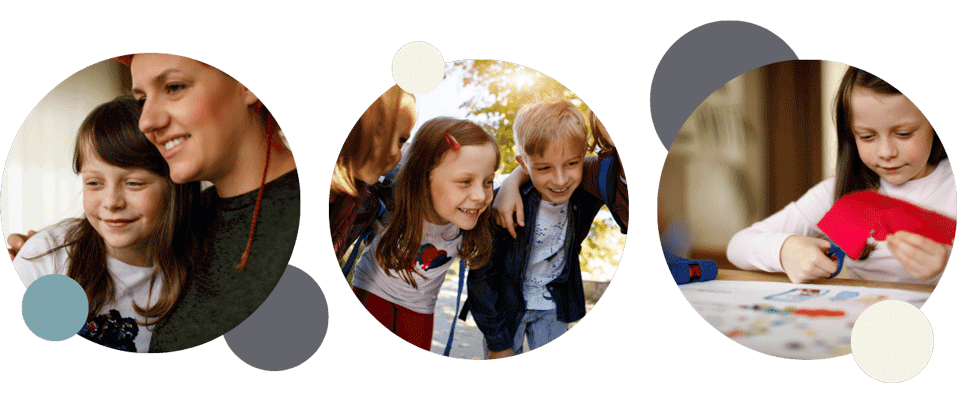Sophie’s* story
Help break the cycle of intergenerational trauma.
Dear supporter,
One of the saddest things I see with family violence is how it affects generations of a family. The trauma caused by abuse can devastate a child’s development, relationships and belonging in the world. Tragically, sometimes, those children carry the impact into adulthood. As parents, they can struggle to provide love and support to their own children. And so, the cycle of abuse continues.
It’s no wonder our services and waiting lists are at a critical point and continuing to grow.
We cannot hope to eliminate family violence unless we have the resources to give specialist therapeutic care to every child who has experienced abuse. We must help these precious children and young people understand their pain. We need to help them learn to accept love again so that they can grow into healthy, confident and hopeful adults. By doing this we start to break the cycle of family violence.
My hope is that we can count on your continued support as the financial year comes to an end. Any amount you can give at this time is tax deductible.
There are so many children who need your help now.
I want to tell you about Sophie* – a child who grew up in a family with this type of intergenerational trauma.
Sophie started out living with her mum Beck*, but Sophie’s needs were neglected. You see, Beck was in a state of stress due to fear from her own experience with abuse. She was understandably unable to comfort Sophie in the way she needed.
Little Sophie was exposed to so many things that children simply should not see. Sophie saw adults using illicit drugs, fighting, drinking and hurting each other. Her big brother Ben* was hurt too.
When Sophie turned two, she had already learned that the world was not a safe place. She was removed from her mum’s care and separated from her brother. At such a young age, family violence changed how she viewed relationships. She found it hard to trust adults. Her young brain was on high alert for danger.
This made it hard to settle into foster care.
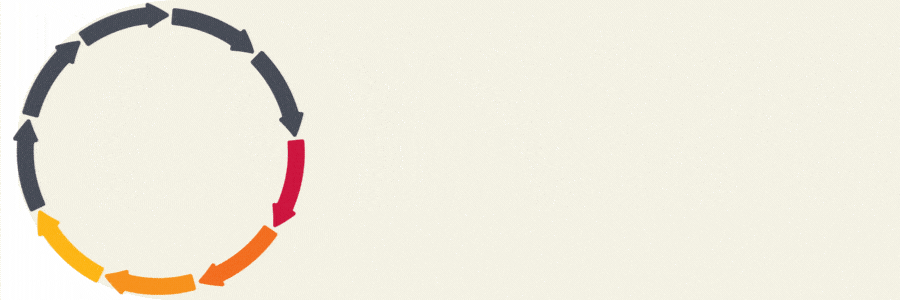
It’s heart-breaking isn’t it? Imagine getting to nine years old, never knowing the love or security of a stable home. I know you agree that no child in Australia should have to endure that.
Things should have improved for Sophie when she met Jennifer*, a thoughtful, gentle foster mum who had cared for many children in her home. She showed Sophie true kindness. Yet, because of her past experiences, Sophie found it hard to believe that Jennifer would not be the same as the other adults she had known in her life.
So many adults had let her down, caused her confusion, lead her to feel alone and frightened. She had been forced to change schools and say goodbye to many pets, foster siblings, and communities.
How would Jennifer be any different?
She had so many overwhelming feelings inside her. All she knew was that adults were unpredictable and unreliable. Sophie was scared to open up and accept love.
Sometimes, little Sophie showed her pain through explosive and angry behaviours.
If children do not receive specialist care to address their trauma, the world can seem very scary and unpredictable, making it hard to develop into stable, healthy adults.
When Sophie first came into our care, Jennifer spoke about her worry for Sophie and her confusion about Sophie’s inability to accept comfort or care. She wanted so much for Sophie to be able to express her feelings. Our therapist worked with Jennifer to help her understand Sophie’s response to her trauma. She learned to be more patient and present with the little girl.
It wasn’t easy, though, as the path to healing is never straightforward. There were some difficult times when Sophie reacted with violent outbursts. The Foundation’s counsellors continued to support Jennifer to show unconditional interest in Sophie. Our specialists used play as way for Sophie to communicate her big feelings to Jennifer. Over time, Sophie felt safe enough to talk to Jennifer about her overwhelming feelings for her mum without them erupting like a volcano.
Family relationships can be challenging, at the best of times. But can you imagine what Sophie would be like to look after as a foster parent?
As Jennifer showed more and more understanding of what Sophie needed, Sophie’s emotional walls started to come down. At last, Sophie began to relax and smile. She started to trust.
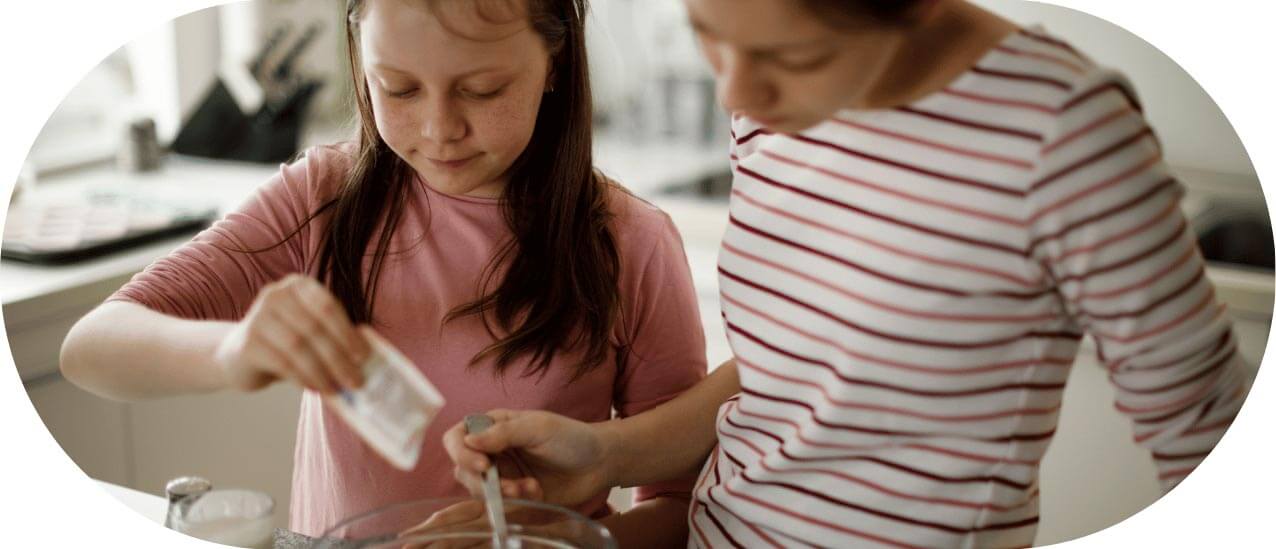
Around this time, Beck reached out to Sophie with a letter. Sophie was excited to hear from her. She desperately wanted a connection with her mum, but it reminded her of feelings of grief, loss and abandonment.
Our therapist contacted Beck and offered a safe space for Beck to talk about their needs. They discussed what would help assist Beck and Sophie to connect in ways that would feel safe to Sophie.
At Sophie’s request, Jennifer also reached out to Beck. She provided updates about the little girl’s love of junior footy, pets and her achievements in swimming. The two mothers worked together to strengthen their connection. Sharing news and working with Australian Childhood Foundation, they created the best responses to Sophie’s needs.
Unfortunately, Jennifer’s situation changed. She could not care for Sophie long-term. When Beck was informed of this, she decided she wanted Sophie to return to her care.
Beck had worked hard to understand what had happened in her own life as a child and teenager, and how this impacted the way in which she was a parent to Sophie. She believed she was ready to try again.
The incredible consistent patience and care shown by Jennifer to Sophie working alongside the Foundation’s counselling team increased Sophie’s capacity to slowly trust her mum again.
And when Beck demonstrated commitment to her connection with Sophie, Sophie decided she was ready to go “home”.
I’m sure you’ve found this story as moving as I did. I’m proud to lead our national team of specialist therapists doing such important work. They help children and parents heal their pain, breaking that intergenerational cycle of abuse and helping families reunite.
Children and young people, like Sophie, should never be responsible for protecting themselves. They need loving, informed and empowered adults to nurture them.
Foster parents like Jennifer need specialist training to know how to build bonds with children who demonstrate challenging behaviours after experiencing trauma.
And parents like Beck, who were themselves victims of abuse, need resources and support to resolve their own pain.
This is the way we break intergenerational family violence. It’s tough, emotional work that takes time, but we are determined to do it, with your help.
This is why the Australian Childhood Foundation exists. Children don’t recover on their own from the devastating impacts of family violence. The current economic climate, is only making it more difficult for families, which can trigger more abuse and neglect.
I‘m honoured to work and support our most vulnerable children in Australia. But I rely on people like you to ensure that the Foundation keeps being able to provide tangible and specialist help. Can we count on your support to help young people, this tax time?
Thank you for helping us make a difference to our most vulnerable children and young people.
Dr Joe Tucci
CEO
Australian Childhood Foundation
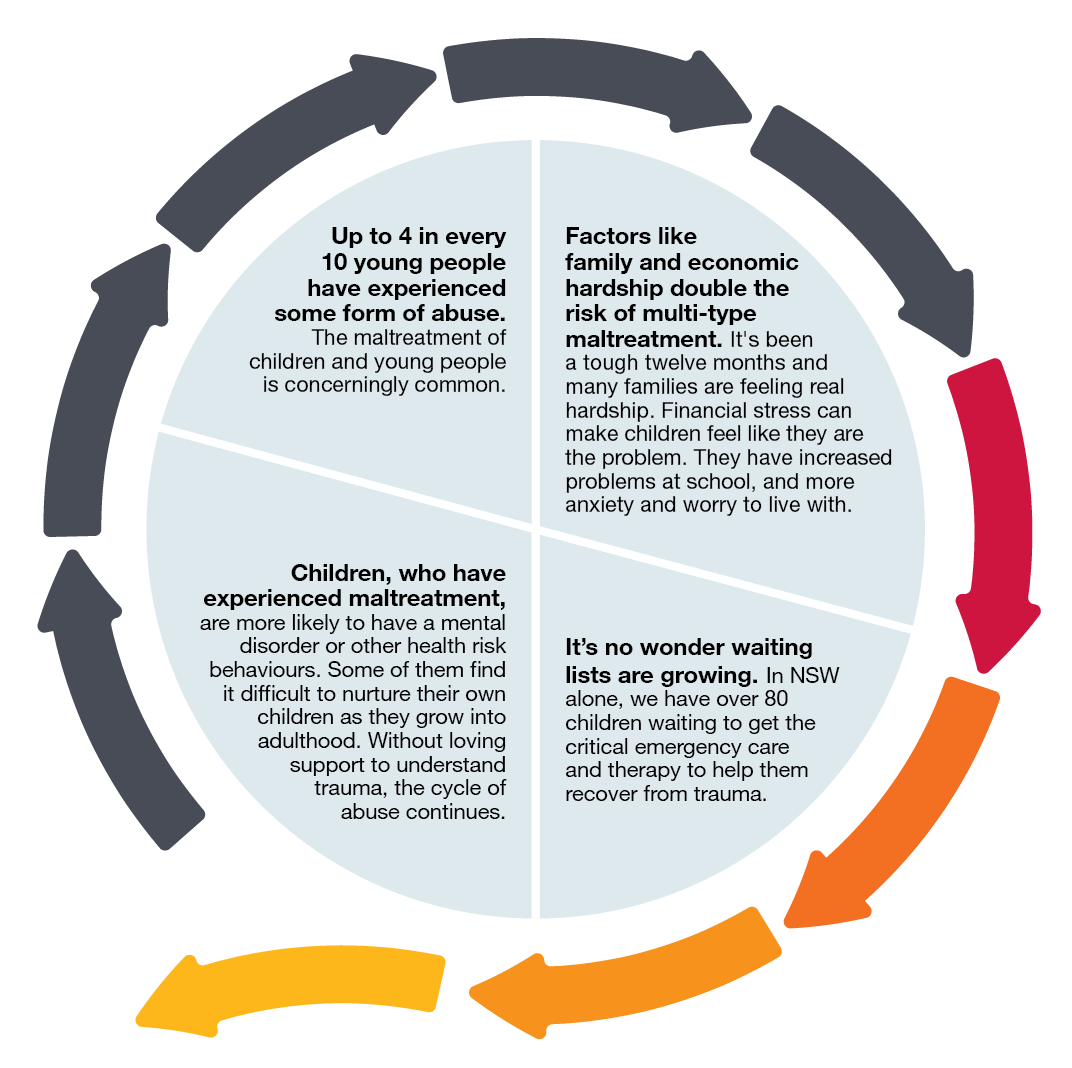
The Australian Child Maltreatment Study* findings
A recent study revealed critical statistics on the scale of the issues we treat every day. The findings make up the cycle we are working to break.
We urgently need more funds so we can break this cycle of abuse.
*The Australian Child Maltreatment Study – National prevalence and associated health outcomes of child abuse and neglect, The Medical Journal of Australia, 2023
* Names have been changed to protect the identities of children. Thank you for your understanding and support. If you, or someone you know is in immediate danger, please call 000 and ask for Police. For confidential support regarding family and domestic violence, please call 1800RESPECT (1800 737 732).
